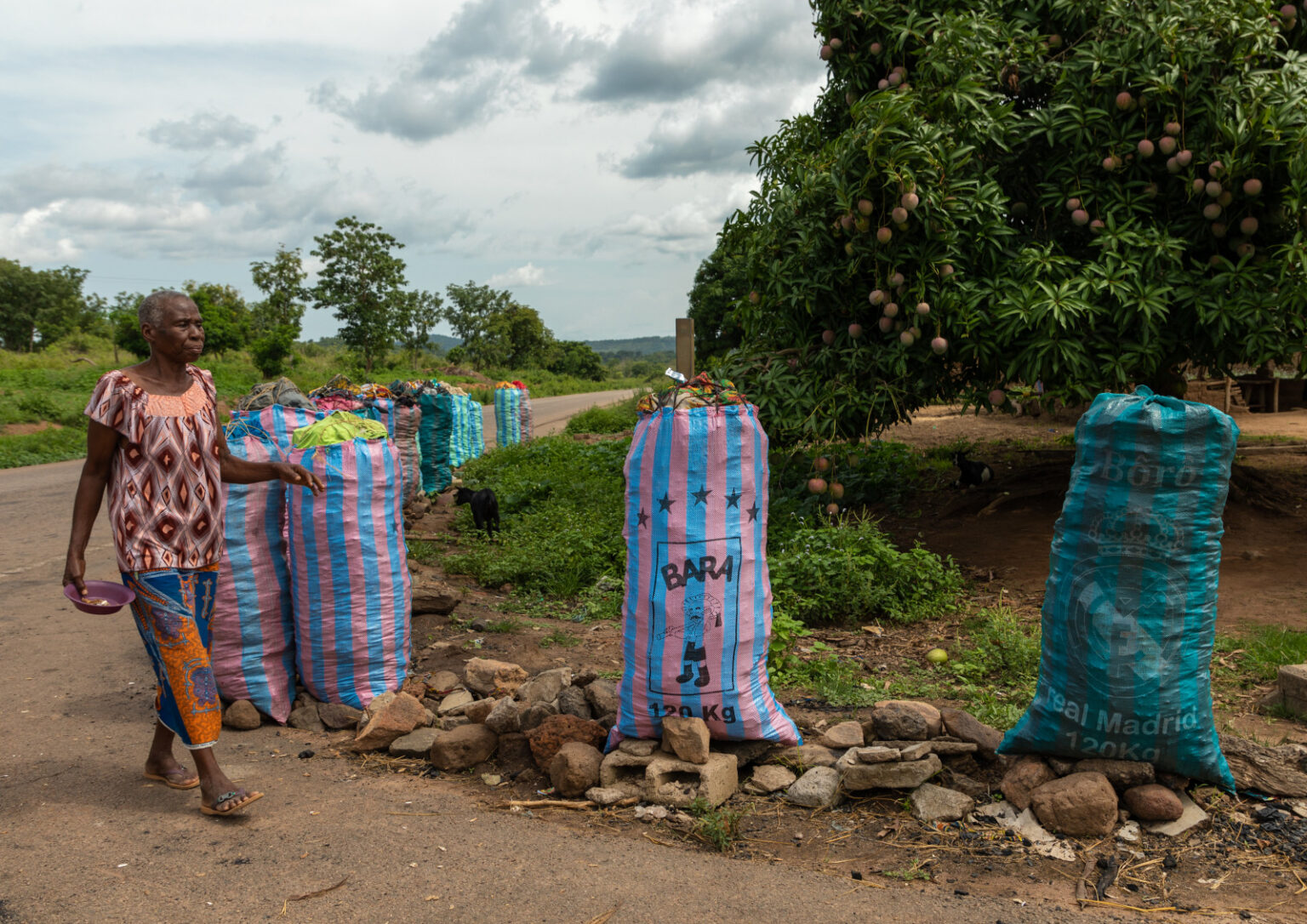- In place of resolve to take responsibility for per capita emissions, polluting nations are instead pivoting towards carbon offsets to’ cancel out’ industrialised world emissions. (https://www.belongly.com/)
- Carbon markets stand to become a new economic mechanism promoting energy security in Africa.
- Africa’s forests absorb 600 million tons of CO2 yearly, more than any forest ecosystem on Earth.
Africa should become the global centre for high-value, high-integrity carbon credits, AFC says; Wholesale leases or sale of land undervalue Africa’s forestry while enabling polluters: AFC paper; AFC Foundation to prioritise conservation and regeneration of African carbon sinks through local capacity building.
At a critical moment in the fight against climate change, the world is squandering a significant opportunity by neglecting Earth’s most important natural carbon repositories – Africa’s forests, grasslands, peatlands and mangroves.
Carbon offsets market not delivering
The global carbon markets offer a pragmatic way to improve this course, with scope to attract meaningful and much-needed finance for conservation, energy transition and climate resilience. Yet, as things stand, carbon markets are failing to deliver. Worse, they risk enabling polluting countries and industries to ignore the burden of their ‘pollution per capita’ responsibilities and justify backsliding on urgent emission reductions.
These are the findings of a positioning paper released at COP28 by the Africa Finance Corporation, which urges against complicit arrangements with external entities that undervalue Africa’s natural assets. Instead, Africa’s political and economic leadership should take a strategic approach to harness the full benefits of a viable future carbon market, which Africa must lead, according to AFC.
“The fact is the world is enticing Africa to repeat mistakes of the past,” writes Samaila Zubairu, President & CEO of AFC. “Instead of maximising economic value from our natural assets, countries are engaging in the wholesale long leases and sale of land – our valued birthright – to foreign intermediaries that hope to profit from a more appropriately priced carbon market of the future. This is akin to the resource curse of past decades.”
Read also: Is Africa’s climate change management plan weak or strong?
Global greenhouse gas emissions
With average global temperatures at least 1.1 degrees Celsius above pre-industrial levels, the planet is fast approaching the 1.5°C ceiling beyond which scientists foresee environmental catastrophe. Yet, eight years after the Paris Agreement, governments continue failing to meet climate action commitments.
Global greenhouse gas emissions have shot up, with the world on course for a 9 per cent increase by 2030 from 2010, according to the UN Intergovernmental Panel on Climate Change. In place of resolve to take responsibility for per capita emissions, polluting nations are instead pivoting towards carbon offsets to’ cancel out’ industrialised world emissions.
But while viewed by some as a climate panacea, the market for carbon offsets has become compromised by repeated scandals: conservation projects mired by evidence of exploitation, made worse by corruption; exposés of carbon offsets that do not represent any actual emission reductions; deforestation simply being moved along to regions not covered by offsets; displaced communities that see none of the proceeds from offset contracts.
The damage to market confidence from these recurring exposés is evidenced by a dramatic decline in issuance and prices of carbon credits. Although African carbon credits are among the most impacted by this negative cycle, the continent is also uniquely positioned to reform the carbon markets in a way that will drive trust, value, and localised benefits, AFC’s paper says.
Africa’s extensive forests, grasslands, peatlands, and mangroves are some of the world’s most powerful carbon sinks, helping to mitigate global climate change and increase ecological diversity.
The continent’s forests alone absorb a net 600 million tonnes of carbon dioxide yearly, more than any forest ecosystem on Earth. This absorption capacity is equivalent to offsetting 76 per cent of emissions from all of Africa, 21 per cent of Europe, 18.5 per cent from the US, or 4 per cent from the rest of the globe.
Natural carbon sinks
Despite its capacity to remove vast amounts of CO2 from the atmosphere, Africa accounted for just 11 per cent of offsets issued between 2016 and 2021, with an even smaller share – only 3 per cent – linked to the region’s natural carbon sinks. According to AFC’s report, Africa should rightfully play a far bigger role in the global carbon markets, reflecting its significant contribution towards mitigating the effects of climate change.
“Instead of selling our land rights into today’s tarnished and depreciated carbon markets, we should focus on conservation and reforestation – with local actors driving the projects, the financing, the verification, and the trading,” writes Zubairu.
“Our continent’s natural assets will only achieve their true value through robust mechanisms that guarantee lasting benefits delivered to local communities and governments to sustain conservation long after the initial funding is spent.”
AFC says it prioritises protecting and regenerating Africa’s carbon repositories. Through its experience in developing multi-billion-dollar projects, AFC understands what it takes to build a pipeline of bankable and de-risked carbon emissions reduction projects, said Zubairu.
With its partners, AFC is one of Africa’s biggest investors in renewable energy. Its Infrastructure Climate Resilient Fund (ICRF), supported by the Green Climate Fund and the Nigeria Sovereign Investment Authority, is focused on building resilience for Africa’s systems and physical infrastructure.
The Corporation will focus its project development expertise on driving a bankable and sustainable carbon emissions reduction project pipeline. It is also creating the AFC Foundation to raise knowledge and awareness among governments and communities to halt the destruction of natural carbon sinks, raise financing for their conservation, and advocate for a ban on their wholesale long-term lease or sale.
“What we know for certain is that Africa’s interaction with the global carbon markets must change,” said Zubairu. “We must take ownership of the conservation and expansion of our forests. We must create our own carbon emissions reduction value chain with global participation that captures and retains value for Africa and the world for generations.”
